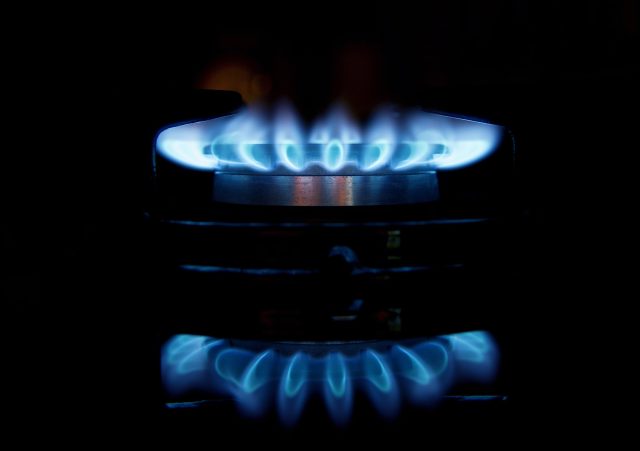
Brussels prepares legal plan to end Russian gas imports by 2027, but internal rifts highlight sovereignty concerns and energy dependency
Brussels – In a decisive yet divided meeting of EU energy ministers in Luxembourg, 25 out of 27 EU member states declared their readiness to end reliance on Russian gas, marking a major step toward the European Commission’s long-term energy independence goals. But Hungary and Slovakia remain firmly opposed, exposing the political and economic rifts at the heart of the EU’s energy transition. The timing is crucial: tomorrow, EU Energy Commissioner Dan Jørgensen will formally unveil a legislative proposal designed to cut ties with Russian gas supplies. It’s part of a broader package that aims to wean the bloc off Russian energy once and for all—a promise made in the wake of Russia’s invasion of Ukraine, but one still far from being fulfilled.
Unanimity Elusive in Luxembourg
The proposal by Poland, which currently holds the rotating presidency of the EU Council, sought to gain consensus on a political roadmap supporting the phase-out of Russian gas imports. But attempts to reach unanimity collapsed due to expected vetoes from Budapest and Bratislava. “These two delegations were not ready to support a text that was very ambitious and clearly outlined a timeline to strengthen EU energy security,” said Polish Deputy Climate Minister Krzysztof Bolesta. The opposition had been brewing since May 6, when the Commission set 2027 as the target date for ending Russian gas imports.
What’s in the Proposal
Commissioner Jørgensen’s plan includes banning imports under all new and existing short-term (spot) contracts with Russian suppliers by the end of 2025. Long-term contracts would be terminated by 2027. This effectively forces an immediate end to around one-third of current Russian gas imports this year alone The proposal also includes a controversial clause: no financial compensation for companies impacted by the halt in Russian gas supplies. Jørgensen insisted that these terminations fall under “force majeure,” similar to the legal framework applied during EU sanctions on Russia. While the immediate focus is on natural gas, the plan also gestures toward future restrictions on Russian uranium imports for European nuclear reactors—though this part remains tentative due to concerns about supply security.
Sovereignty vs Solidarity
Hungary and Slovakia argue that Brussels is overstepping its authority. Hungarian Foreign Minister Péter Szijjártó condemned the initiative, saying: “Energy policy is a national competence, and this plan threatens our sovereignty and energy security.” He added that, given geopolitical tensions in the Middle East, the proposal should not have been brought forward at all. The Hungarian veto aligns with Prime Minister Viktor Orbán’s longstanding resistance to EU sanctions on Russia—moves that require unanimous approval under the bloc’s foreign policy rules. However, EU officials believe they may have a legal workaround. By invoking Article 207 of the Treaty on the Functioning of the European Union, which grants Brussels exclusive competence on trade policy, the Commission could potentially bypass unanimity and secure a qualified majority vote instead. Still, energy policy remains a shared competence between EU institutions and member states, which complicates the legal and political calculus.
The Road Ahead: Denmark Takes Over
While Poland’s presidency ends on June 30, Denmark will take over leadership of the EU Council starting July 1 and inherit this politically sensitive dossier. Danish Energy Minister Lars Aagaard has pledged to prioritize the legislation, calling it “not just an energy package, but a package for Europe’s freedom.” Aagaard acknowledged that “some member states have legitimate concerns about the impact of this package,” but reaffirmed Denmark’s commitment to achieving a political agreement and initiating negotiations with the European Parliament before handing the file to the next presidency, led by Cyprus.
A Political Gamble With High Stakes
The Polish presidency emphasized that 25 member states supporting the proposal is a “clear sign of overwhelming consensus,” but EU law and politics often hinge on unanimity or carefully brokered compromises. With winter months ahead and energy prices still volatile, Brussels is racing against time to finalize its shift away from Moscow’s energy grip. If successful, the EU would send a powerful geopolitical message: that European energy security—and by extension, foreign policy independence—can be achieved through unity and resilience. But if negotiations falter, the bloc risks once again being held hostage by internal divisions and external dependencies.



 Subscribe
Subscribe